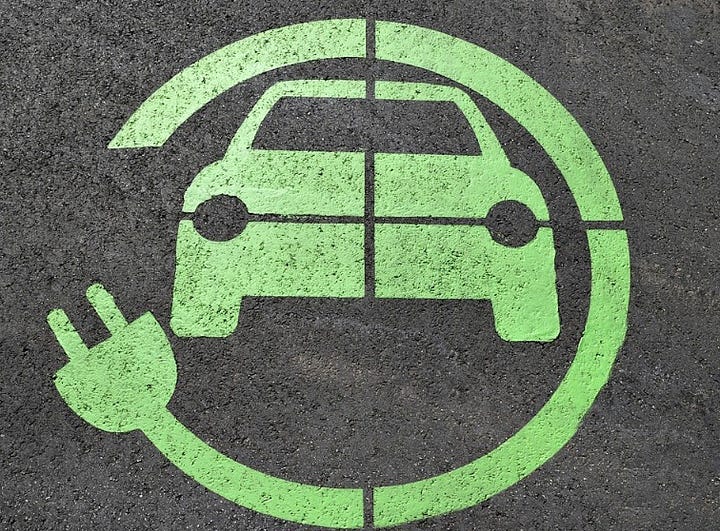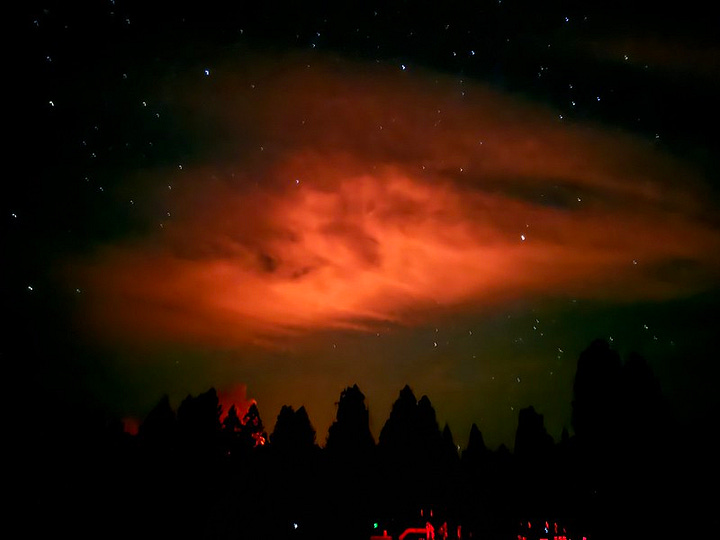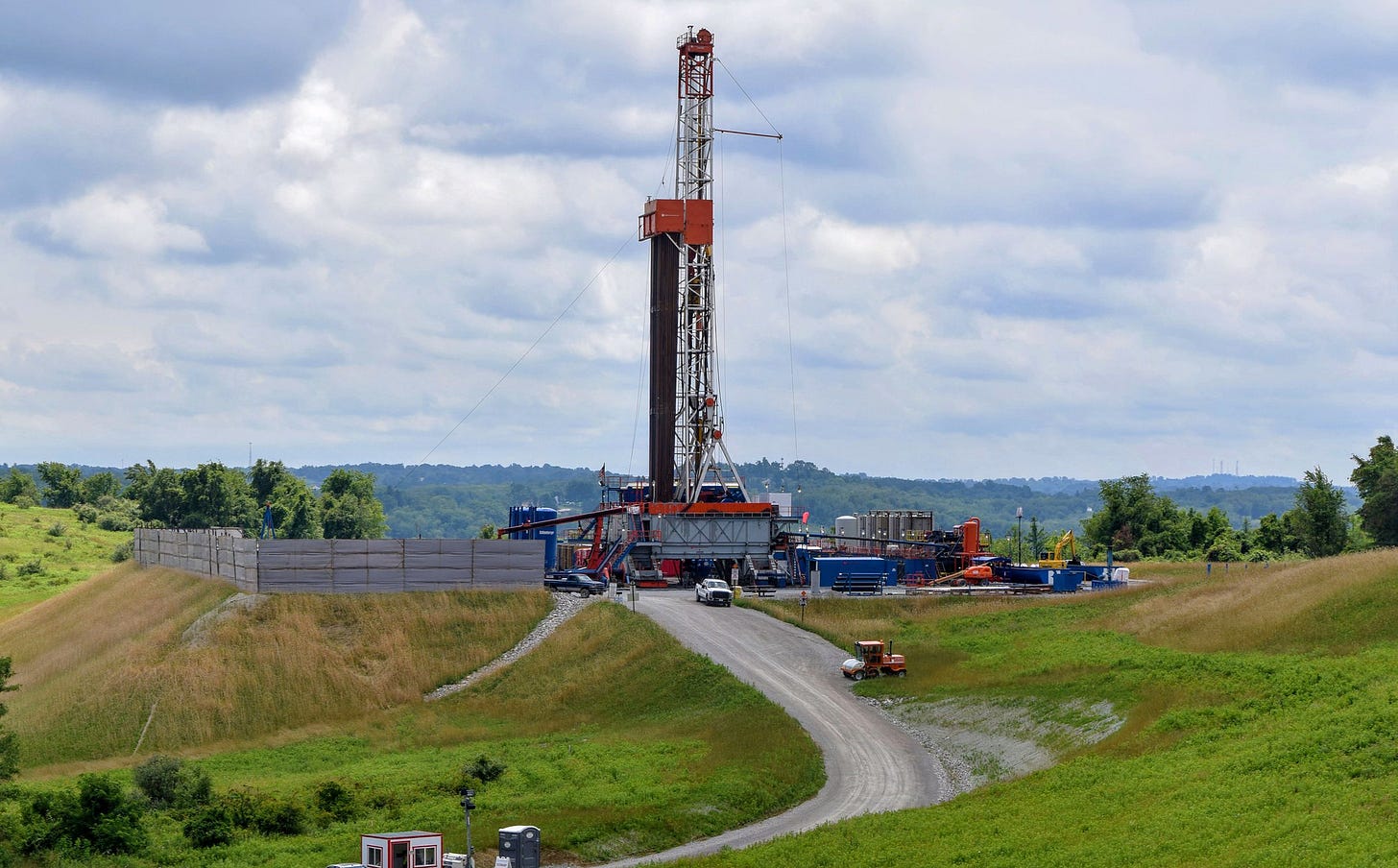Green Lights Sept. 6: Top stories this week
Don't miss a single story from the best of Callaway Climate Insights.




. . . . Welcome back to Green Lights. Here’s our weekly roundup of the best of Callaway Climate Insights. David Callaway says car manufacturers still envision an electric future, but it may be a long, cold winter. Plus, Mark Hulbert and Bill Sternberg provide sharp insights on the presidential race, stocks and fracking. Now, it’s after Labor Day, so please remember to subscribe (and it’s perfectly OK to keep wearing white).
. . . . Car manufacturers certainly still believe the future is electric. But when? One thing certainly holding back interest in EVs this year is falling oil prices, writes David Callaway. Smart EV shoppers looking for great price deals going into the holidays may benefit, but for the automakers themselves it could be a long winter.
. . . . The popular narrative is that clean energy stocks will rise if Vice President Kamala Harris wins the election in November, and oil stocks will fall. And the opposite if former President Donald Trump wins. But a statistical analysis by Mark Hulbert of the movements of these stocks correlated to electronics futures trading on shifting odds in the presidential election yields a different, more nuanced forecast. Because investor money is at stake in electronic futures, vs. media opinion polls, the odds coming from this trading are typically more reliable. But like polls, they are always shifting, as are the outlooks for the two closely watched stock sectors.
. . . . Hotspots are getting hotter, says the EPA and NOAA. Nationwide, unusually hot summer days (highs) have become more common over the past few decades. The occurrence of unusually hot summer nights (lows) has increased at an even faster rate. This trend indicates less “cooling off” at night. The 20th century had many winters with widespread patterns of unusually low temperatures, including a particularly large spike in the late 1970s. Since the 1980s, though, unusually cold winter temperatures have become less common.
. . . . Most people don’t really know what fracking is or they are just vaguely aware that it has something to do with energy production, writes Bill Sternberg. But in Pennsylvania — the No. 2 natural gas producer in the nation and arguably the most important battleground state in this year’s presidential election — fracking has very high name recognition indeed.
More greenery . . . .
Crunching the numbers: Is climate change to blame for the rising cost of potato chips? (The Allegheny Front)
EU climate monitor: Summer of 2024 was world's hottest on record (Reuters)
Emblems of survival: Climate change is having a profound effect on eggs (Time)
Underwater robots: NASA’s newest tool in Antarctica to fight climate change (CNN)
Unsportsmanlike climate: Sporting groups are cooperating to win the climate battle (Nature.com)





